Home>Articles>How Long Will Cookie Dough Last In The Freezer


Articles
How Long Will Cookie Dough Last In The Freezer
Modified: May 6, 2024
Discover how long cookie dough can last in the freezer with our informative articles. Learn useful tips and tricks to maximize the shelf life of your favorite treat.
(Many of the links in this article redirect to a specific reviewed product. Your purchase of these products through affiliate links helps to generate commission for Storables.com, at no extra cost. Learn more)
Introduction
Cookie dough is a beloved treat that can be enjoyed in a variety of ways. Whether you prefer classic chocolate chip cookies or fancy flavors like snickerdoodle or peanut butter, having cookie dough on hand can be a real lifesaver when you’re craving something sweet. But what happens when you have more cookie dough than you can bake at once? That’s where the freezer comes in.
Freezing cookie dough is a great way to extend its shelf life and have a ready-to-bake treat whenever you want it. However, not all cookie doughs freeze equally well, and there are certain factors to consider to ensure that your dough remains fresh and delicious. In this article, we will explore the factors affecting the shelf life of cookie dough in the freezer, recommend storage times, discuss signs of spoiled dough, and provide tips for proper storage and freezing techniques.
By understanding the ins and outs of freezing cookie dough, you can ensure that your favorite treat is always just a baking sheet away. So, let’s dive in and discover the best practices for freezing cookie dough!
Key Takeaways:
- Freezing cookie dough can extend its shelf life, but factors like ingredients, texture, and storage containers play a crucial role. Properly portioning, labeling, and freezing quickly are key to maintaining its quality.
- Recognizing signs of spoiled cookie dough, following recommended storage times, and proper thawing techniques are essential for enjoying delicious homemade cookies from frozen dough. Remember to freeze mix-ins, label containers, and bake from frozen for a quick treat.
Read more: How To Store Cookie Dough In Freezer
Factors Affecting the Shelf Life of Cookie Dough in the Freezer
When it comes to freezing cookie dough, there are several factors that can impact its shelf life and overall quality. By understanding these factors, you can make informed decisions about how long to store your dough and how to properly package it for optimal freshness.
Ingredients: The ingredients used in the cookie dough can affect its ability to freeze well. For example, doughs with a high fat content, such as those made with butter or shortening, tend to freeze and thaw better compared to doughs made with oil or margarine. Similarly, doughs with a high sugar content also tend to freeze well since sugar acts as a preservative.
Texture: The texture of the cookie dough can also impact its ability to freeze and thaw properly. Doughs that are soft and pliable, like drop cookie doughs, tend to freeze better compared to doughs that are drier and crumbly. This is because the moisture content in the dough plays a crucial role in preventing freezer burn and maintaining the dough’s texture after freezing.
Storage container: Choosing the right storage container is essential for maintaining the quality of the cookie dough in the freezer. Airtight containers, such as plastic freezer bags or containers with tight-fitting lids, provide the best protection against freezer burn and moisture loss. Make sure to label the containers with the date of freezing to keep track of how long the dough has been stored.
Freezer temperature: The temperature of your freezer is crucial for preserving the quality and taste of the cookie dough. It’s recommended to set your freezer temperature at or below 0°F (-18°C) for optimal storage. Keeping the temperature consistent helps prevent the dough from thawing and refreezing, which can negatively impact its texture and taste.
Dough preparation: How the dough is prepared before freezing can also affect its shelf life. It is best to chill the dough in the refrigerator for at least 30 minutes before shaping or portioning it for freezing. This step helps the dough firm up, making it easier to handle and less prone to stickiness during the freezing process.
Time in the freezer: Even with proper storage, cookie dough does have a shelf life in the freezer. While it can vary depending on the factors mentioned above, it is generally recommended to consume frozen cookie dough within 3 to 4 months for optimal quality. After this time, the dough may still be safe to eat, but the texture and taste may deteriorate.
By considering these factors when freezing your cookie dough, you can ensure that it retains its quality and taste even after months in the freezer. Next, let’s explore the recommended storage time for cookie dough in the freezer.
Recommended Storage Time for Cookie Dough in the Freezer
Freezing cookie dough is a great way to have freshly baked cookies on demand. However, it’s important to know the recommended storage time for cookie dough in the freezer to maintain its optimal quality and taste. While cookie dough can technically be stored for longer periods, it’s best to follow these guidelines to ensure the best results.
Drop Cookie Dough: Drop cookie dough, which is the most common type of cookie dough, can be stored in the freezer for up to 3 months. This includes doughs like chocolate chip, oatmeal raisin, and peanut butter cookies. To freeze drop cookie dough, shape it into individual portions, such as balls or scoops, and place them on a parchment-lined baking sheet. Freeze the cookie dough balls for a few hours until solid, then transfer them to a freezer-safe bag or container.
Cut-out Cookie Dough: Cut-out cookie dough, used to make festive shapes and designs, can also be frozen for up to 3 months. After preparing the dough, roll it out to the desired thickness and cut out the shapes using cookie cutters. Place the cut-out dough on a parchment-lined baking sheet and freeze until firm. Once frozen, transfer the shapes to a freezer-safe bag or container, separating them with parchment paper to prevent sticking together.
Refrigerator Cookie Dough: Refrigerator cookie dough, which is typically softer and needs to be chilled before baking, can be stored in the freezer for up to 2 months. This includes doughs like sugar cookie dough or doughs used to make thumbprint cookies. Shape the dough into a log, wrap it tightly in plastic wrap or foil, and place it in a freezer bag or container. Thaw the dough slightly in the refrigerator before slicing and baking.
Filled or Stuffed Cookie Dough: If you have cookie dough that is filled or stuffed with ingredients like chocolate chips, nuts, or caramel, it can also be frozen for up to 3 months. Shape the dough into individual portions, with the fillings enclosed, and freeze them on a parchment-lined baking sheet. Once frozen, transfer them to a freezer-safe bag or container.
It’s worth noting that these recommended storage times are for maintaining the best quality of the cookie dough. While cookie dough can be kept in the freezer for longer periods, the texture and taste may deteriorate over time.
Now that you know how long you can store cookie dough in the freezer, it’s important to be able to identify if the dough has gone bad. In the next section, we’ll discuss the signs of spoiled cookie dough in the freezer.
Signs of Spoiled Cookie Dough in the Freezer
While freezing cookie dough can extend its shelf life, it’s important to be able to recognize if the dough has spoiled. This will help you avoid using dough that may have gone bad, resulting in cookies that don’t taste quite right. Below are some signs to look out for when assessing the quality of cookie dough in the freezer.
Freezer burn: One of the most common signs of spoiled cookie dough is freezer burn. Freezer burn occurs when the moisture in the dough evaporates, leaving behind dry, discolored patches. If you notice any white or grayish spots on the dough, it’s a good indication that freezer burn has occurred. While freezer-burned dough is still safe to eat, it can affect the texture and flavor of the resulting cookies.
Off smell or taste: Another sign of spoiled dough is an unpleasant smell or taste. If the dough emits an unusual or sour odor, or tastes off when thawed and baked, it’s likely that the dough has gone bad. Trust your senses and if something seems off, it’s best to err on the side of caution and avoid using the dough.
Change in texture: Spoiled cookie dough may also have a change in texture. If the dough becomes excessively dry, crumbly, or sticky when thawed, it’s a sign that the quality of the dough has been compromised. The texture of the resulting cookies may also be affected, resulting in a less-than-desirable eating experience.
Mold or foreign growth: If you notice any mold or unusual growth on the cookie dough, it should be discarded immediately. Mold can develop on dough that has not been properly sealed or stored in unsanitary conditions. Consuming moldy dough can lead to health problems, so it’s important to exercise caution and avoid using dough with any signs of mold.
Unusual coloration: Lastly, if the color of the frozen dough appears significantly different from when it was initially frozen, it may indicate spoilage. Look out for any unusual discoloration, such as darkening or browning, as it can be a sign that the dough has started to deteriorate.
It’s important to inspect the frozen cookie dough carefully before using it to ensure that it hasn’t gone bad. If you notice any of these signs of spoilage, it’s best to discard the dough and consider making a fresh batch. Now that you know how to identify spoiled dough, let’s move on to some tips for properly freezing and storing cookie dough.
To extend the shelf life of cookie dough in the freezer, make sure to store it in an airtight container or freezer bag to prevent freezer burn. It can last up to 3 months in the freezer.
Tips for Properly Freezing and Storing Cookie Dough
Properly freezing and storing cookie dough is essential to maintain its freshness and quality. By following these tips, you can ensure that your frozen dough retains its flavor and texture until you’re ready to bake it.
1. Portion your dough: Before freezing, portion your cookie dough into individual servings. This makes it easier to take out only the amount you need at a time, without having to thaw the entire batch. You can shape the dough into balls, flatten them into discs, or roll the dough into logs, depending on the type of cookies you’re making.
2. Use airtight containers: Place the portioned dough in airtight containers to prevent freezer burn and moisture loss. Plastic freezer bags or containers with tight-fitting lids work well for this purpose. Make sure to remove as much air as possible from the bags before sealing them to minimize the risk of freezer burn.
3. Label and date: It’s important to label the containers with the type of dough and the date it was frozen. This helps you keep track of how long the dough has been stored in the freezer and ensures that you use the oldest dough first.
4. Chill before freezing: Before placing the dough in the freezer, chill it in the refrigerator for at least 30 minutes. Chilling the dough helps it firm up, making it easier to handle and less likely to stick together during freezing. It also helps maintain the dough’s texture after it’s been thawed.
5. Freeze quickly: Once the dough is portioned and properly packaged, transfer it to the freezer as quickly as possible. This helps maintain the integrity of the dough and prevents the growth of bacteria. Avoid placing warm or freshly baked dough directly into the freezer, as this can lead to condensation and moisture buildup.
6. Store at optimal freezer temperature: Set your freezer temperature at or below 0°F (-18°C) to ensure proper freezing and preservation of the dough. Keeping the temperature consistent helps prevent unwanted thawing and refreezing, which can affect the texture and taste of the cookies.
7. Thawing the dough: When you’re ready to bake the cookie dough, it’s important to thaw it properly. Transfer the desired portion of dough to the refrigerator and let it thaw overnight. This slow thawing process helps the dough retain its moisture and prevents excessive spreading during baking.
8. Bake from frozen: If you’re in a hurry, you can also bake the cookie dough directly from frozen. Simply adjust the baking time slightly, as frozen dough may require a few extra minutes in the oven. Keep in mind that the cookies may spread more compared to when using thawed dough, but they will still be delicious.
By following these tips, you can ensure that your frozen cookie dough maintains its quality and is ready to be transformed into scrumptious cookies whenever you’re in the mood for a sweet treat. Now, let’s address some frequently asked questions about freezing cookie dough.
Read more: How To Store Cookie Dough In The Freezer
FAQ: Commonly Asked Questions about Freezing Cookie Dough
Freezing cookie dough can be a convenient way to have freshly baked cookies whenever you crave them. However, you may still have some questions about the process. Here are some commonly asked questions about freezing cookie dough, along with their answers:
Q: Can you freeze cookie dough with mix-ins like chocolate chips or nuts?
A: Yes, you can freeze cookie dough that has mix-ins like chocolate chips or nuts. Simply shape the dough with the mix-ins included, freeze it, and bake as usual when you’re ready.
Q: Can I freeze cookie dough that has already been baked?
A: Absolutely! Baked cookies can be frozen as well. Allow them to cool completely, then place them in an airtight container or freezer bag. When you’re craving a cookie, simply thaw one or two at room temperature.
Q: How long can I store frozen cookie dough?
A: For optimal quality, it’s recommended to consume frozen cookie dough within 3 to 4 months. However, dough can be safely stored in the freezer for longer periods if properly sealed and stored.
Q: Can I freeze cookie dough for different types of cookies together?
A: Yes, you can freeze different types of cookie dough together. Just make sure to label the container or bag with the different types of dough so you know what you’re working with when it’s time to bake.
Q: How do I prevent my cookie dough from sticking together in the freezer?
A: To prevent cookie dough from sticking together in the freezer, it’s important to shape and freeze the dough individually before transferring it to a freezer bag or container. You can also separate portions of dough with parchment paper to prevent them from clumping together.
Q: Can I freeze cookie dough for cut-out cookies?
A: Yes, cut-out cookie dough can be successfully frozen. Roll out the dough, cut out the desired shapes, freeze them on a baking sheet, and then transfer them to a freezer bag or container. Thaw the shapes slightly before baking.
Q: Can I freeze cookie dough that has been thawed?
A: It’s not recommended to refreeze cookie dough that has been previously thawed. The texture and quality of the dough may be compromised after thawing, so it’s best to only thaw the amount of dough you plan to use.
Q: Can I freeze cookie dough in mason jars?
A: While mason jars may seem like a good option for freezing cookie dough, they are not recommended. The dough may expand during freezing, causing the glass to crack or break. Stick to freezer-safe bags or containers for safe storage.
Now that these common questions about freezing cookie dough have been answered, you’re ready to enjoy freshly baked cookies whenever the craving strikes. Happy baking!
Conclusion
Freezing cookie dough is a fantastic way to have fresh, homemade cookies available whenever you want them. By understanding the factors that affect the shelf life of cookie dough, knowing the recommended storage times, recognizing signs of spoilage, and following proper freezing and storage techniques, you can ensure that your frozen dough maintains its delicious taste and texture.
From considering the ingredients and texture of the dough to choosing the right storage containers and maintaining the optimal freezer temperature, each step plays a crucial role in preserving the quality of the dough. Properly portioning the dough, labeling and dating the containers, and taking care to prevent freezer burn are also important considerations to keep in mind.
By being aware of the signs of spoiled dough, such as freezer burn, off smells or tastes, changes in texture, mold, or unusual coloration, you can avoid using dough that may have gone bad and enjoy the best possible cookies from your frozen dough.
Remember to follow the recommended storage times for different types of cookie dough, such as drop cookies, cut-out cookies, refrigerator cookies, or filled/stuffed cookies, to maintain the best quality. Thaw the dough slowly in the refrigerator before baking or bake them directly from frozen if you’re in a rush.
Finally, we covered some commonly asked questions about freezing cookie dough, providing clarity on topics such as freezing mix-ins, storing baked cookies, and the compatibility of different dough types in the same freezer bag or container.
So, the next time you find yourself with excess cookie dough or want to have a quick and easy batch of cookies, remember that freezing is an excellent option. With the knowledge and tips you’ve gained from this article, you can confidently freeze and store cookie dough, ensuring you always have a tempting treat on hand whenever the cookie craving strikes.
Happy baking!
Now that you know how to keep your cookie dough fresh in the freezer, why not delve deeper into keeping all your provisions in tip-top shape? Our guide on food storage offers savvy insights into the best methods to preserve a variety of items. If you're missing a food processor and need to prepare dough, don't worry. We have practical advice on dough preparation with alternative tools that can save the day.
Frequently Asked Questions about How Long Will Cookie Dough Last In The Freezer
Was this page helpful?
At Storables.com, we guarantee accurate and reliable information. Our content, validated by Expert Board Contributors, is crafted following stringent Editorial Policies. We're committed to providing you with well-researched, expert-backed insights for all your informational needs.
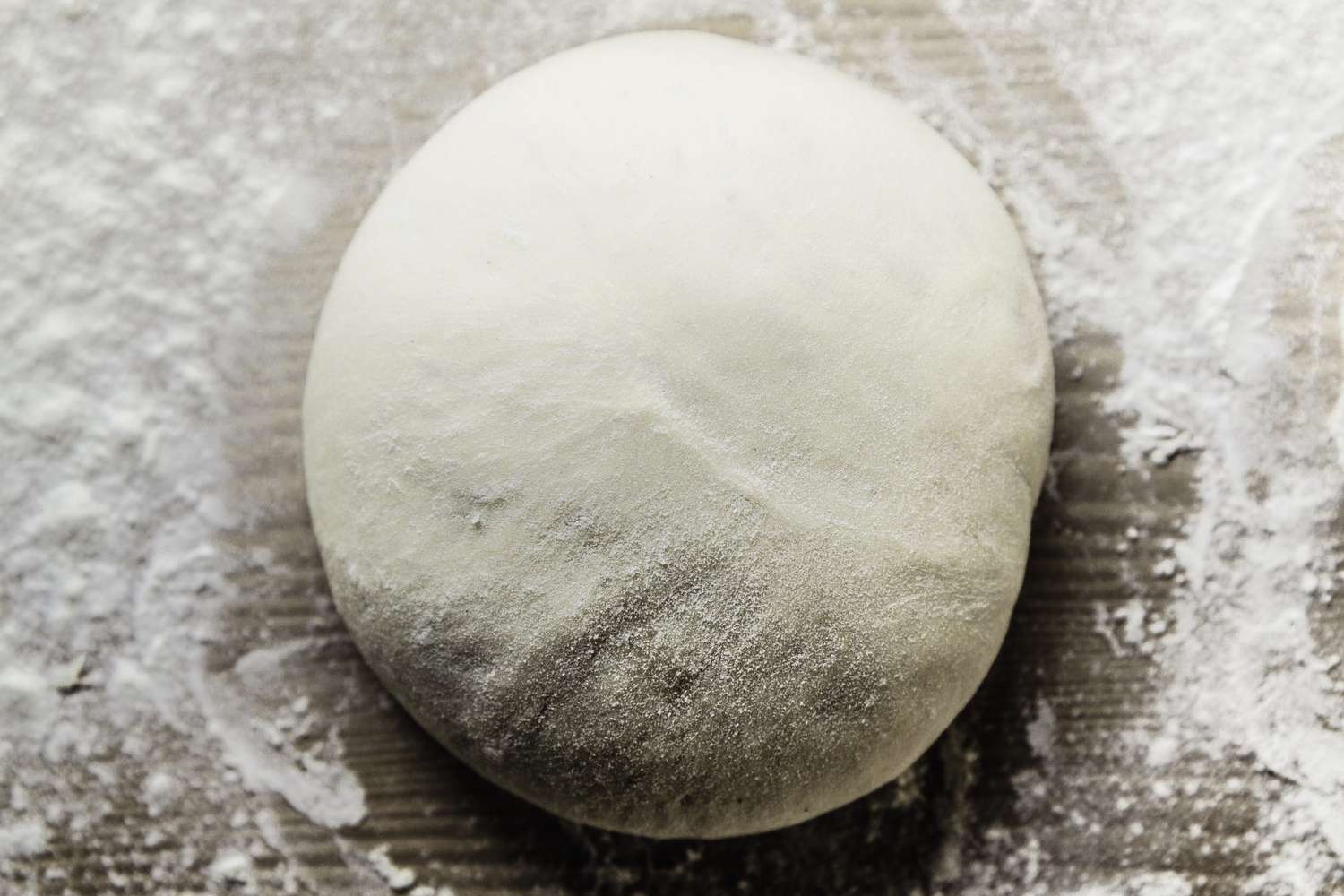

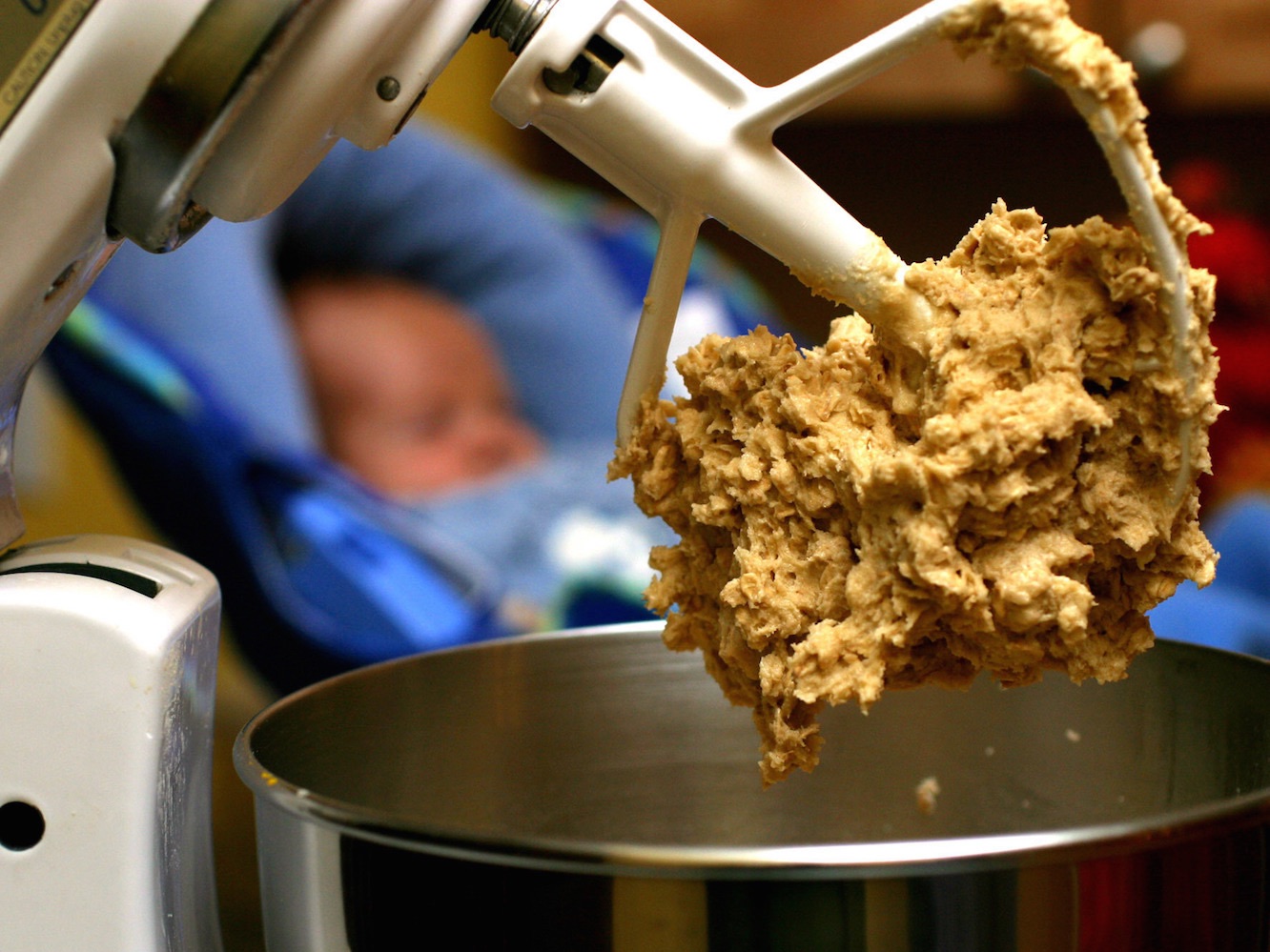

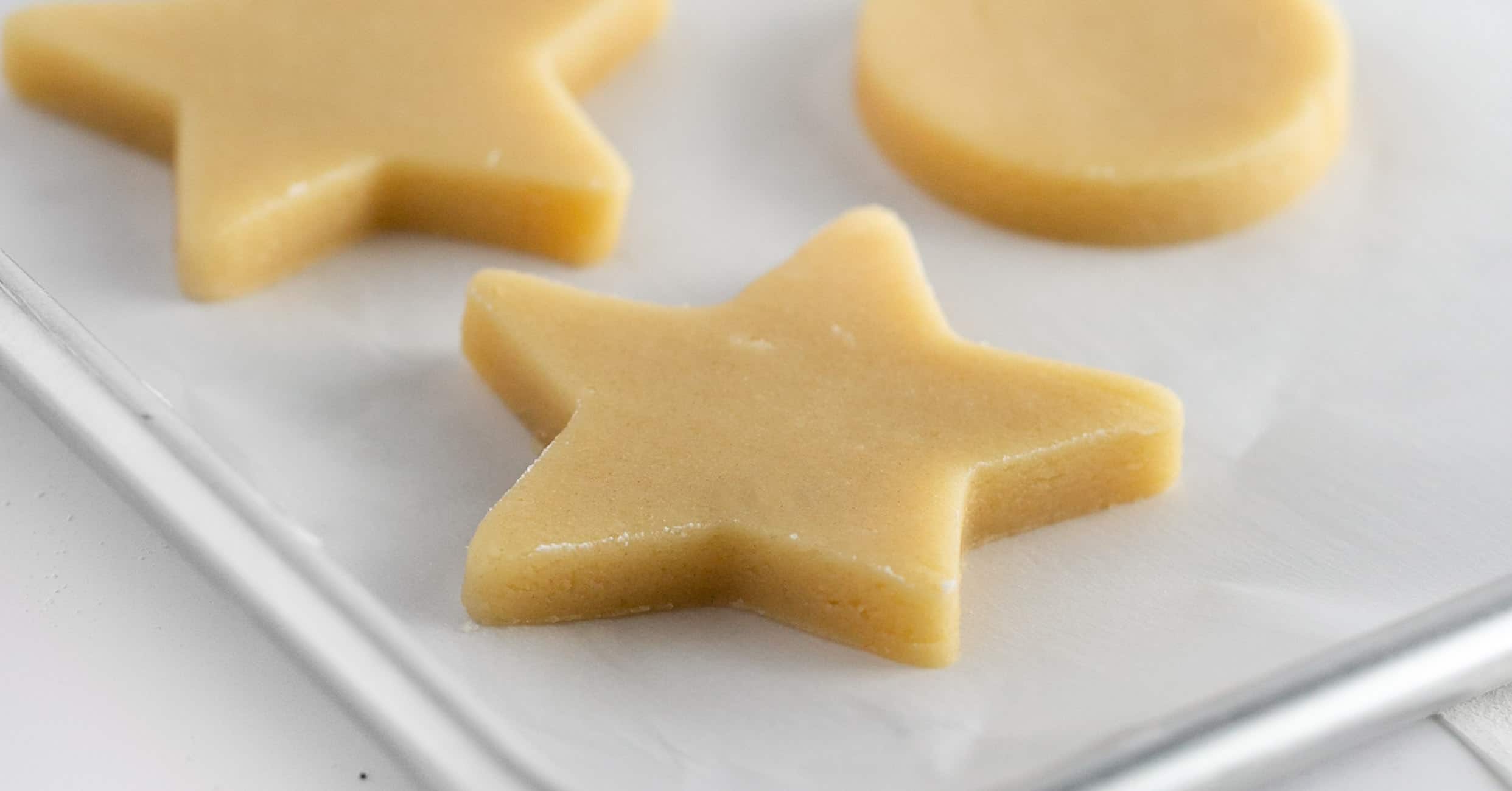




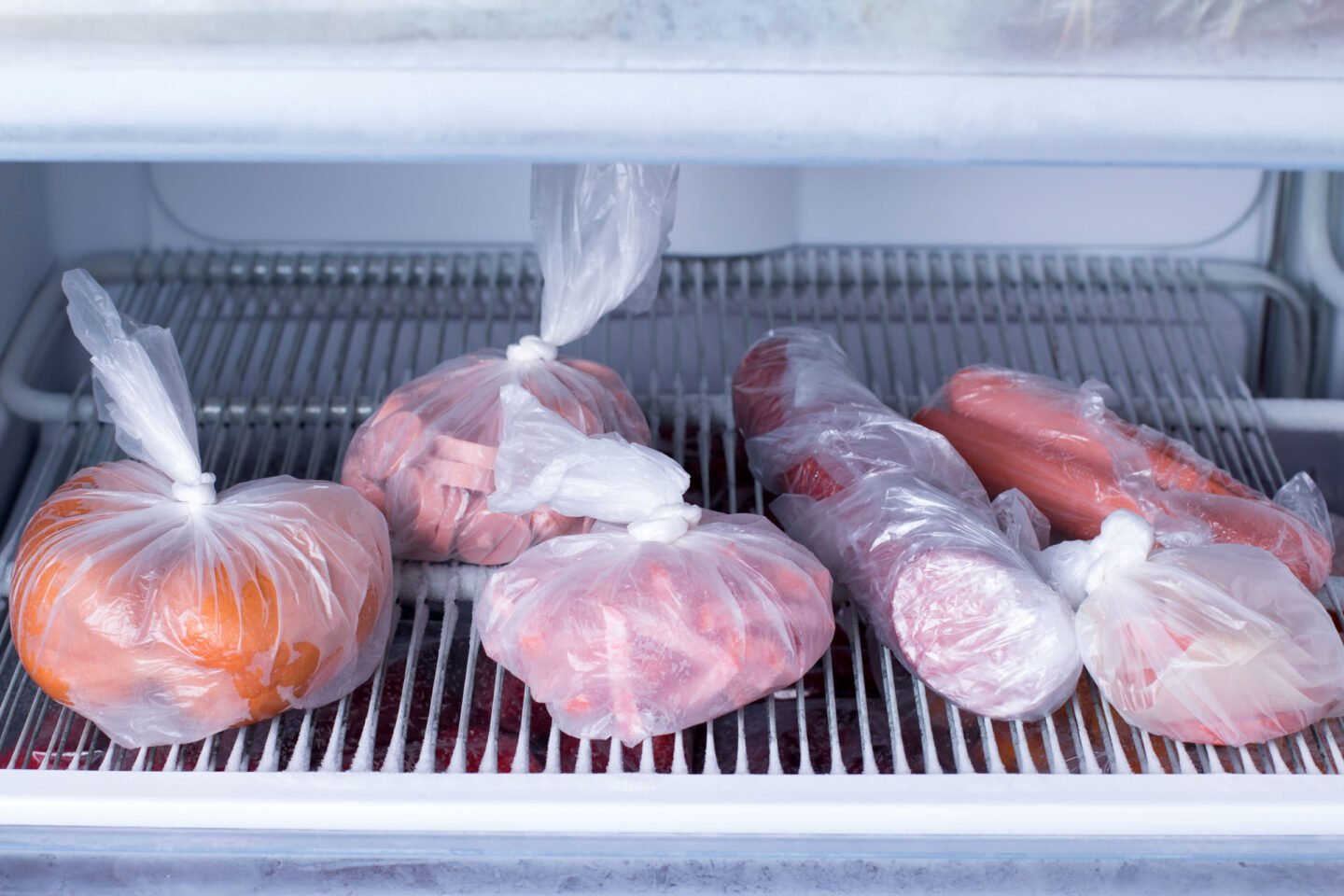
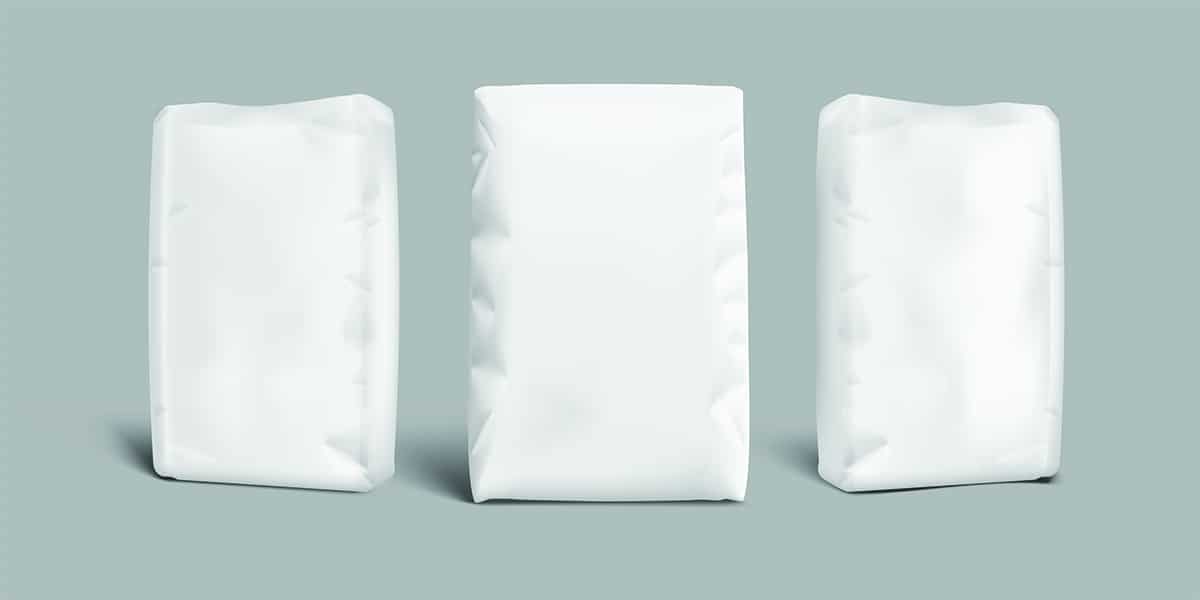

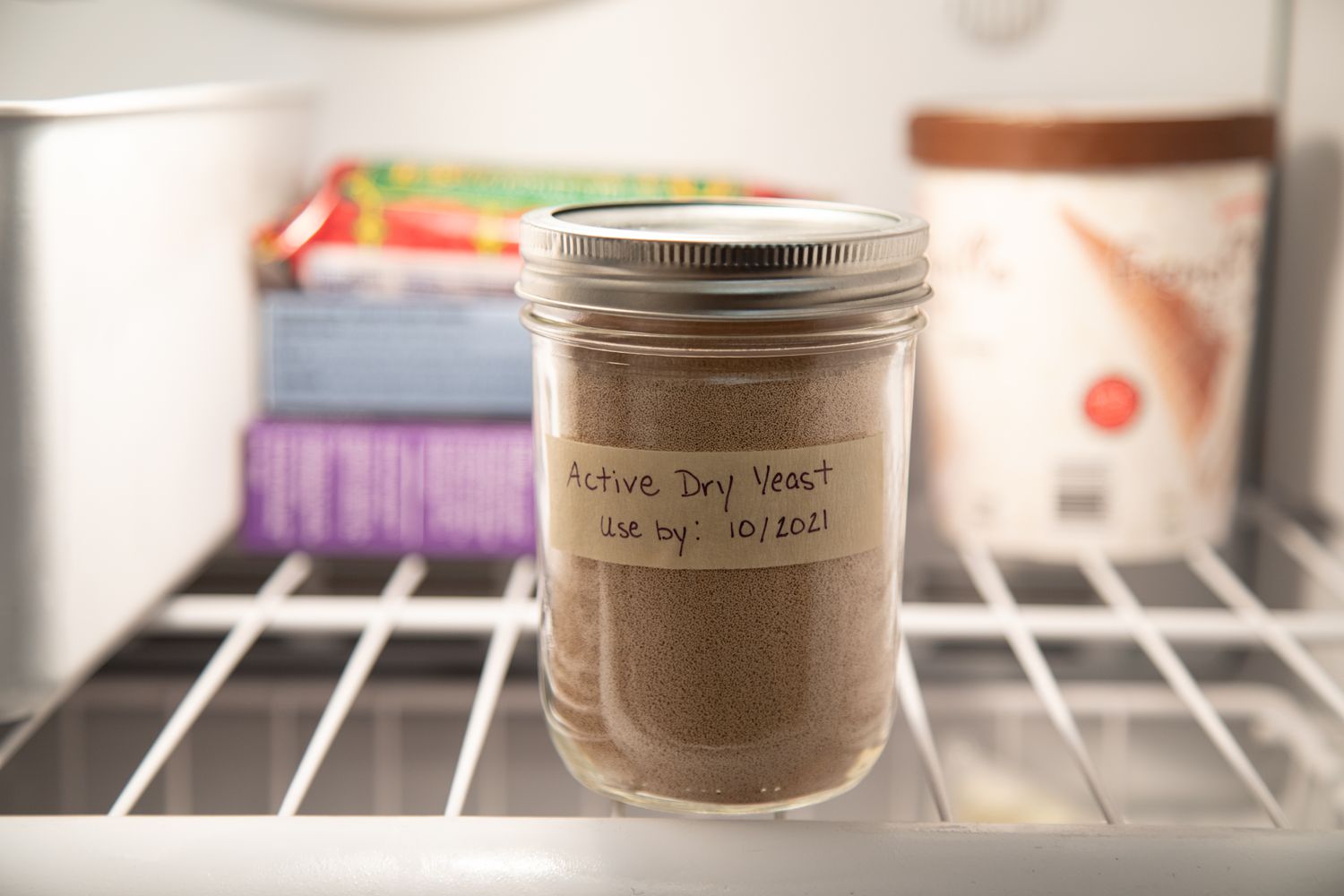
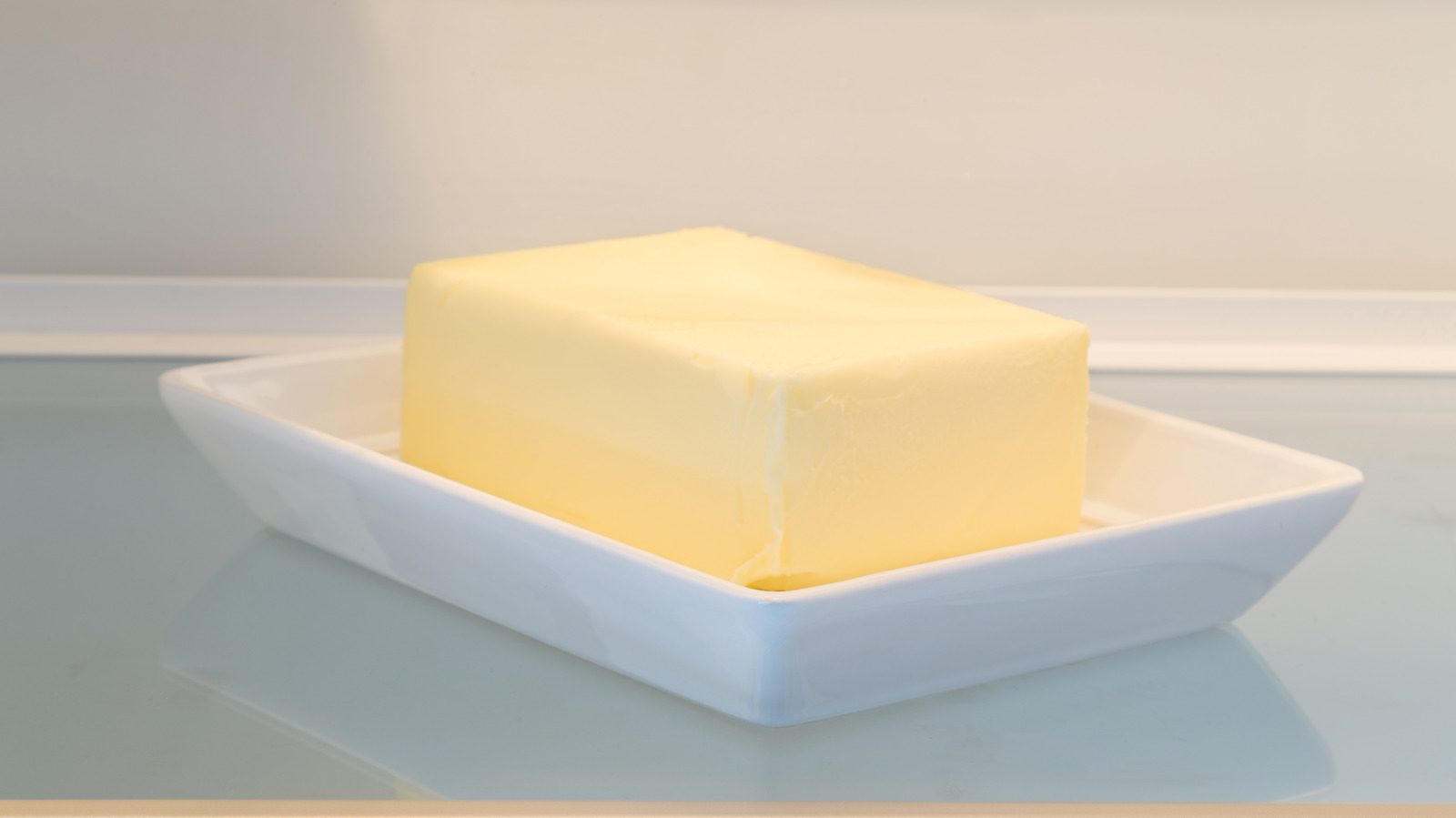

0 thoughts on “How Long Will Cookie Dough Last In The Freezer”